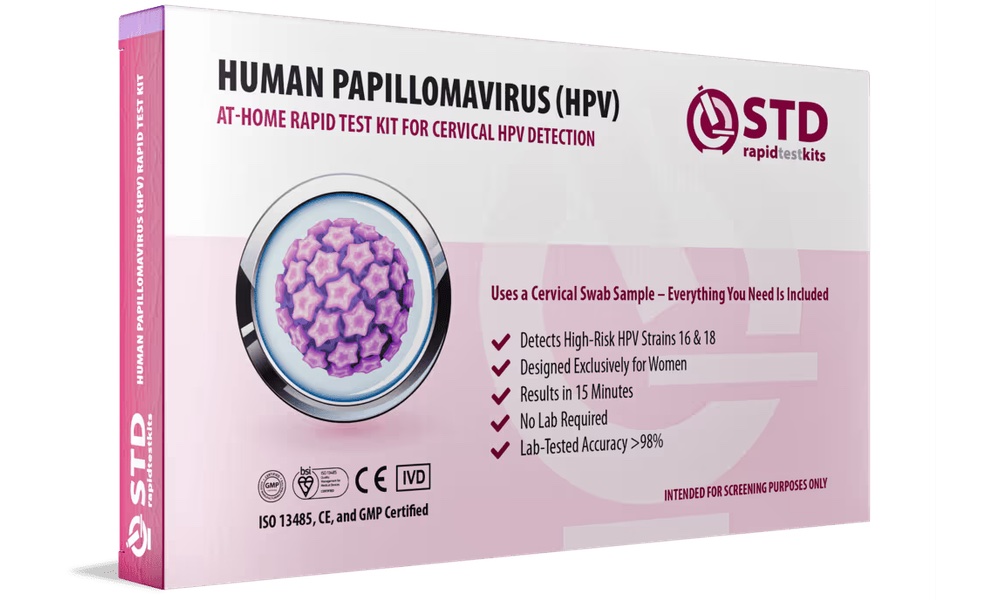Hot flashes, heart palpitations, and night sweats are common — and unpleasant — symptoms of peri-menopause and menopause. Naturally, women look for ways to end them, or at least lessen their effects.
Two studies published recently may help women cope.
The hormonal changes taking place in women's bodies, as their reproductive years come to an end, bring on vascular shifts that are experienced as feelings of intense heat, with or without sweating, and rapid heartbeat.
These symptoms vary in intensity, frequency, and overall duration. They range from merely annoying to debilitating. They can interfere with normal daytime functioning and nighttime sleep.The stellate ganglion block may provide an effective alternative to women who do not wish to use hormone therapy to treat severe vasomotor symptoms of menopause.
Even worse, for many women these unpleasant symptoms of menopause can last a long, long time. Women reported moderate to severe hot flashes continue for an average of almost 5 years after menopause (after a woman's last period). More than 30% of women have moderate to severe symptoms for up to 10 years post-menopause, according to one of the studies just published in Menopause.
Women are often advised to avoid stress, caffeine, alcohol, spicy foods, tight clothing, heat, and cigarette smoke to decrease the occurrence of hot flashes. However these sorts of measures are often not enough to provide relief.
Hormone replacement therapy (HRT) does help, but current guidelines for HRT as treatment for women with moderate to severe menopausal symptoms usually limit it to 3 to 5 years, leaving many women with longer-lasting symptoms in a bind.
The timeframe for HRT reflects concerns about the health risks associated with prolonged exposure to hormones, including the increased risk of breast cancer and blood clots.
There are other medications that have been found to be helpful. These include beta-blockers, antidepressants, and gabapentin. Herbal compounds such as black cohosh and phytoestrogens have been hailed as useful, but have not been proven to be as effective as HRT.
But all medications, prescription and over-the-counter, have potential side effects and drug interactions which may make them less attractive for prolonged use.
There is another possible avenue for relief of hot flashes and other symptoms of menopause — injecting nerve cells with a local anesthetic. According to a second study, the procedure can reduce symptoms with few, if any, side effects.
Researchers injected 40 postmenopausal women with moderate to severe hot flashes and night sweats with the anesthetic agent. The target was a specific mass of nerve cells in the neck called the stellate ganglion.
Women who had the injections experienced a significant (52%) decrease in the severity of symptoms when the hot flashes occurred. Both groups, those receiving the injection and those not, reported a similar number of hot flashes and night sweats but those receiving the therapeutic injection had far less intense symptoms.
The improvements persisted through a six-month follow-up period and were consistent with findings from previous studies.
When performed by experienced practitioners, the injections are considered safe. Women had no serious adverse effects related to the injection. The researchers believe that the stellate ganglion block may provide an effective alternative to women who do not wish to use hormone therapy to treat severe vasomotor symptoms of menopause.
Menopausal symptoms may persist for longer than women expect. Those with moderate to severe symptoms may benefit from a variety of treatment options and should discuss the options with their health care providers.




